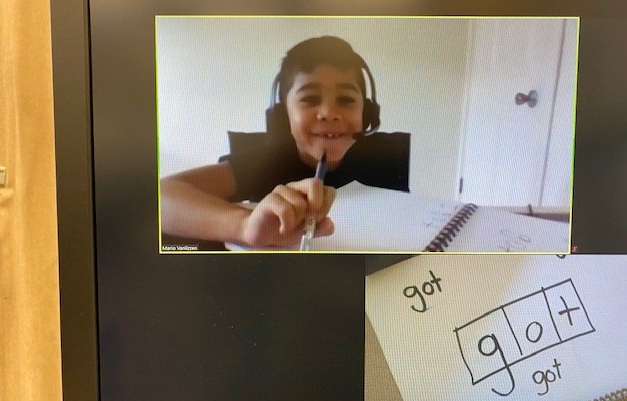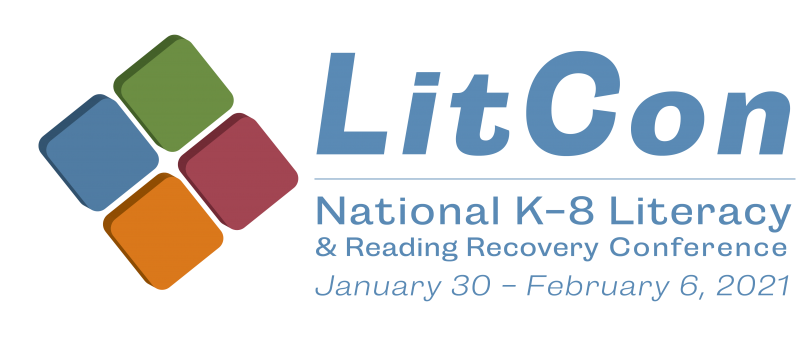Learning Loss-Myth or Reality (Check)
by Kathleen A. Brown
Learning Loss: one of the many topics of conversation in the education world of the pandemic. As school districts across the nation are working tirelessly to open schools, many are planning for the loss of learning due to online instruction and the effects of the pandemic.
I cannot stop wondering what learning loss is and how it is measured? Is learning loss measured by attendance, homework, assignments, quizzes, tests, or achievement reports? Maybe learning loss is measured by the lack of student engagement, motivation, or attention? Whatever the case may be, I do agree there will be some learning loss, but the key question is how we strategically plan for it, without watering down our teaching and spending too much time on remediation. Vince Gowmon so eloquently helps us to ponder the following, “Instead of teaching children to get ‘there’, why not let them be ‘here’? Where is ‘there’ anyway? The world needs more ‘here’ than there.”
As adults, we have focused too much on what the students have lost academically. But the pandemic has taken a toll on student’s social and emotional well-being as well. If we interviewed students and families what would they say is their greatest loss during the pandemic? Perhaps they would say: loss of a loved one, a job, a place to live, poor mental health and wellness services, food insecurities or unstable and unsafe home environment, or inability to see and connect with others. There is a myriad of things for us to consider as we plan for post-pandemic schooling.
In Reading Recovery, our students come to us with a supposed “learning deficit” and we celebrate each student as an individual, discover their strengths, valuing their cultural background, language, and life experiences. Through careful observation and assessment, Reading Recovery teachers focus on a student’s assets instead of the student’s deficits. Through carefully planned and executed lessons, Reading Recovery teachers provide targeted instruction, scaffolds, and prompting to foster accelerated learning to help close the achievement gap.
 Children are resilient and what they bring to our classrooms, in person or virtually, needs to be acknowledged, valued, respected, and honored. I cannot help but think of Marie Clays’ words of wisdom that remind us that students take different paths to common outcomes and that is both okay and important to take into consideration in instruction. Cassi Clausen reminds us “Ask any child development expert, and they will tell you that children do not develop in a straight line. There are no average children. There are no standard children.”
Children are resilient and what they bring to our classrooms, in person or virtually, needs to be acknowledged, valued, respected, and honored. I cannot help but think of Marie Clays’ words of wisdom that remind us that students take different paths to common outcomes and that is both okay and important to take into consideration in instruction. Cassi Clausen reminds us “Ask any child development expert, and they will tell you that children do not develop in a straight line. There are no average children. There are no standard children.”
 I have some concern students will be set up for more learning loss if we treat students the same, think they ALL have a loss of learning and we teach to the floor and not the ceiling. As educators, we must have the mindset of acceleration, not remediation, value our student’s new knowledge and experiences, and fill in the gaps when necessary. As Marie Clay has stated in “Literacy Lessons” page 20, “Achieving acceleration is not easy but it must be constantly borne in mind.” Moving forward, ongoing keen observation, formative assessments, and differentiation will be more important than ever. And we must celebrate individual differences as assets. We approach student learning to start where each child is and take them as far as we can. During Mary Howard’s presentation at LitCon 2021, she challenged educators to think about interventions as opportunities throughout the entire school day, not as an isolated act or time. She also expressed interventions should not work in isolation but be connected to a comprehensive learning system. This vision for intervention would be inclusive for all students in need.
I have some concern students will be set up for more learning loss if we treat students the same, think they ALL have a loss of learning and we teach to the floor and not the ceiling. As educators, we must have the mindset of acceleration, not remediation, value our student’s new knowledge and experiences, and fill in the gaps when necessary. As Marie Clay has stated in “Literacy Lessons” page 20, “Achieving acceleration is not easy but it must be constantly borne in mind.” Moving forward, ongoing keen observation, formative assessments, and differentiation will be more important than ever. And we must celebrate individual differences as assets. We approach student learning to start where each child is and take them as far as we can. During Mary Howard’s presentation at LitCon 2021, she challenged educators to think about interventions as opportunities throughout the entire school day, not as an isolated act or time. She also expressed interventions should not work in isolation but be connected to a comprehensive learning system. This vision for intervention would be inclusive for all students in need.
When we safely open our schools again, students will be bringing with them a myriad of experiences and new learning from their families, communities, and the world at large. How do we capitalize on that learning and their experiences moving forward?
It will take coordinated and strategic efforts to get our students back on track socially, emotionally, and academically. In the Long Beach Unified School district, literacy teachers and intervention specialists are being refocused to build cohesiveness, implement effective and proven interventions, and be trained in the use of best practices. In his keynote speech at LitCon, Cornelis Minor implored us to look at the following:
- We need to be more attentive to school-based outcomes…
- …and attentive to the mindsets & systems that drive those outcomes.
- We can understand how those systems impact curriculum, pedagogy & school/classroom culture.
Let us not be too quick to remediate but let us also accelerate and provide necessary scaffolds along the way. Instead of focusing on learning loss, why not focus on learning recovery or learning enrichment. Our children have a lot to teach us if we let them. As one of my Reading Recovery students reminded me, “I am not good at reading yet, but I know a lot about animals and drones.”
William Butler Yeats suggests, “Education is not the filling of a pail, but the lighting of a fire.” It is our moral imperative to educate our students during the best of times and the worst of times. The children are counting on us. Let us not let them down.

Kathleen A. Brown has worked in the field of education for 36 years as a classroom teacher, literacy specialist, and Reading Recovery teacher; serving as the Reading Recovery teacher leader in Long Beach Unified School District for the last 20 years. She provides literacy coaching and training for the district and serves on a variety of early intervention/early literacy committees.










